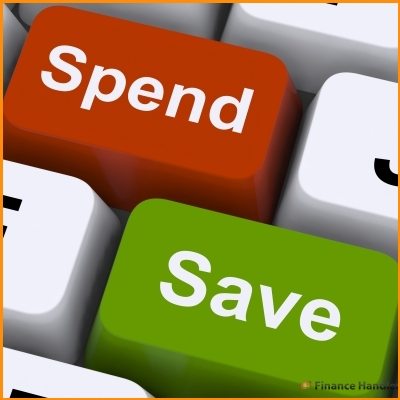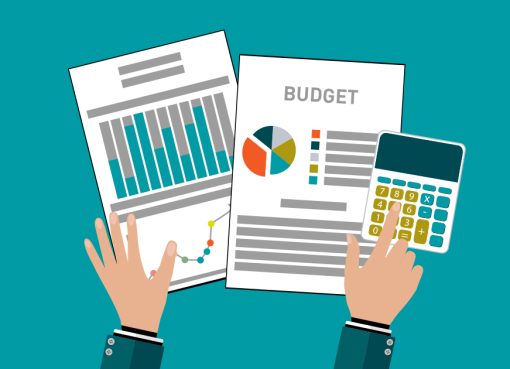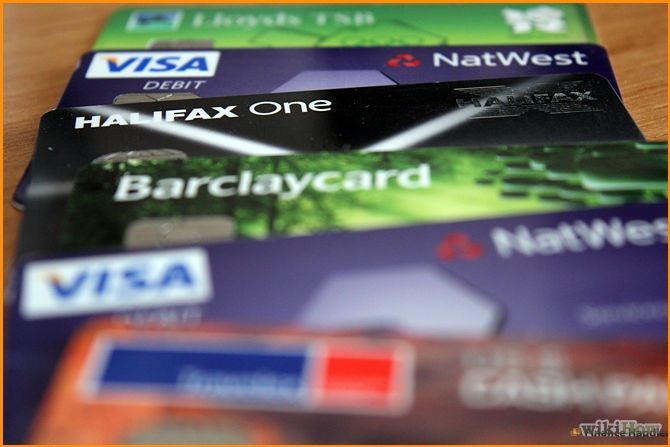Budgets are important! Companies live and die by budget management, why shouldn’t you? Let us take a few minutes to detail how to elaborate your own personal budget. As a reminder, a Personal Budget is a document where we quantify the incomes and expenses that we expect to have in a period of time.
Specifically, a personal budget is useful for the following reasons:
- To evaluate if we need to have a better source of income
- It identifies areas where we are spending too much unnecessarily.
- The budget helps evaluate if we need to stop acquiring new debt.
- Also to plan for the future.
To have a better understanding of this concept we will go ahead and learn how to elaborate a personal budget.
Don’t forget my recent post about www.mint.com. This tool will help setup budgets for you. see the article here: Mint.com – Makes keeping track of your Finances easy!
Identify usual incomes and expenses
First of all, we need to identify incomes and expenses that we usually have through a set period of time, 1 month is recommended. These incomes and expenses should be classified in general topics such as employment, investments, food, education, utilities, etc.
We need to be as specific as possible. A breakdown of the expenses is a good thing to do, for example, the utilities tab should have things like electricity, telephone, water and so on.
After this, we will have 2 columns, one for incomes and one for expenses.
Elaborate a draft of your personal budget
For this draft, it’s better to use something like Excel or a mobile app if you want. The point is to write the amount of money expected for each item, both incomes and expenses. This has to be done for future months too.
To better calculate these amounts, we have to take into consideration past months. Check the utility bills to see how much we are paying monthly. The incomes go without saying; it is way easier to know how much we are earning than how much we are spending.
This is very helpful to see exactly the amount of money that we are spending in certain items, entertainment for example.
Refine the personal budget
After thoroughly analyzing our draft, we need to start adjusting it to fit our expectations and goals.
The most important part is to see the total amount at the end of the month, the classic incomes – expenses. We obviously want the result to be a positive number, because that means that we are spending less than what we are receiving monthly. Also, you should try and aim to keep 10% of total income in reserve for variations. That is, if you make $1,000 a month, after deducting all your expenses you should have at least $100 leftover.
If you find out that the amount at the end of the month is not what you expected, it’s time to see where you can reduce your expenses or if you need to have another source of income.
As you can see, creating a personal budget needs preparation. Also, keep in mind that you need to be objective while elaborating it. After all, the success of a personal budget depends on how correct it is.


